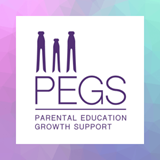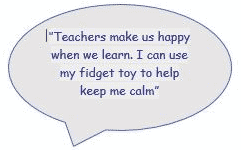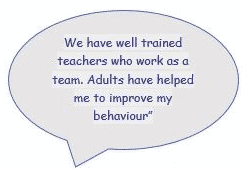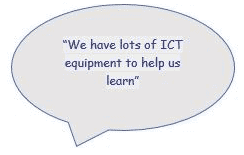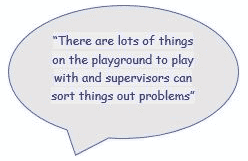SEND
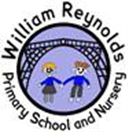
SEND Information Report
At William Reynolds Primary School and Nursery we have a graduated approach to SEND, ensuring early identification of needs and a continuum of support for children in order to enable them to make progress and reach their fullest potential.
William Reynolds Primary School and Nursery prides itself on being an inclusive school, committed to the education of the whole child. We seek creative ways of engaging children in learning experiences that motivate children to deepen their understanding and develop a lifelong love of learning.
We provide a broad and balanced curriculum with creative contexts providing the stimulus to engage all children in quality experiences. We strive to achieve high academic standards for all children and believe this is best achieved through teaching and learning activities which are engaging, innovative and personalised to our children’s needs.
To access the school’s SEND report please click on the link below:
SEND Information Report 2023-24

To access the school’s SEND Policy please click on the link below:
If you need further advice, please contact our SENDCo Miss Emma Shankland on 01952 388280 emma.shankland@taw.org.uk
Definition of Special Educational Needs and Disability
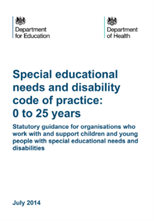
The 0-25 SEND Code of Practice (2015) states that a child or young person has a special educational need or disability if they have a learning difficulty or disability which calls for special educational provision to be made for him or her.

A child of compulsory school age or a young person has a learning
difficulty or disability if he or she:
- has a significantly greater difficulty in learning than the majority of others of the same age,
- has a disability which prevents or hinders him or her from making use of educational facilities of a kind generally provided for others of the same age in mainstream schools.
SEND Areas of need
The 0-25 SEND Code of Practice (2015) identifies 4 broad areas of need and support, these allow school to gain an overview of children’s range of needs.
Communication and Interaction
Cognition and Learning
Social, Emotional and Mental Health Difficulties
Sensory and Physical Needs
These are defined further in the SEND Code of Practice:
Accessibility
William Reynolds Primary School & Nursery is committed to taking all steps to avoid placing anyone at a substantial disadvantage and works closely with pupils with disabilities, their families and any relevant outside agencies in order to remove any potential barriers to their learning experience. To access the school’s Accessibility Policy please click on the link below:
Equalities
For Equalities information, please see out Equality Page:
Our Pupil Equality, Equity, Diversity and Inclusion Policy can be found here:
Equality, Equity, Diversity and Inclusion Policy
Telford and Wrekin SEND Local Offer
The Telford and Wrekin Local Offer explains how we aim to achieve all of the above and how we involve outside agencies.
Please click on the link to access information on the Telford and Wrekin Local Offer for help, support and advice:
 Telford and Wrekin Local Offer
Telford and Wrekin Local Offer
Signposting (Useful links for parents/carers)







